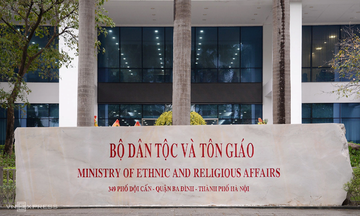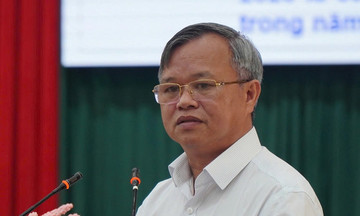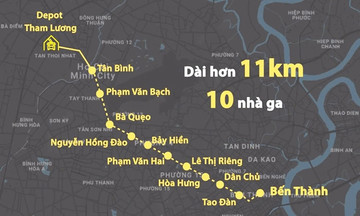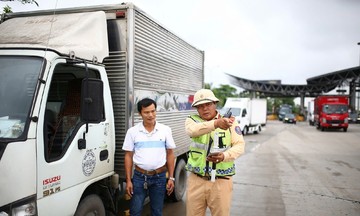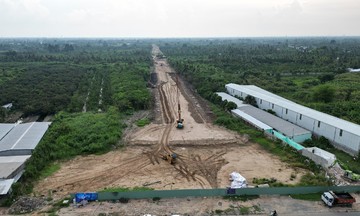The draft Law on Public Employees (amended) has been submitted by the Ministry of Home Affairs to the Ministry of Justice for appraisal and is expected to be presented to the National Assembly at its 10th session. According to the draft, public service units will be reclassified based on two criteria: the nature of their tasks (essential or non-essential public services) and the level of financial autonomy.
Highly autonomous units will be given comprehensive decision-making power regarding organization, personnel, and finances. Unit leaders will have the authority to appoint leadership positions, determine staffing levels, and directly sign contracts with experts, scientists, and talented individuals. The principle of "greater autonomy, greater authority" is established, closely tied to accountability.
Units with revenue sources must establish internal spending regulations to provide additional income for public employees, ensuring fairness and motivating improved service quality.
Furthermore, the draft eliminates the existing, largely symbolic, professional title ranking system. It replaces this with a management system based on job positions and output, directly linked to employee salaries and income.
The draft law also diversifies recruitment methods. In addition to traditional examinations and reviews, units can directly contract with experts, scientists, and talented individuals, and recruit high-quality personnel from the non-public sector. Public employees are permitted to sign contracts outside their managing agency and participate in professional activities at private organizations if it doesn't violate professional ethics or create conflicts of interest.
These innovations aim to address the limitations of the 2010 Law on Public Employees and its 2019 amendment, which primarily classified units based on financial autonomy without considering the nature of their tasks. The existing recruitment regulations are rigid and procedural, making it difficult to attract and retain talent. Meanwhile, the public service sector remains cumbersome, lacking a strong mechanism for socializing non-essential public services and leveraging resources from businesses and private organizations.
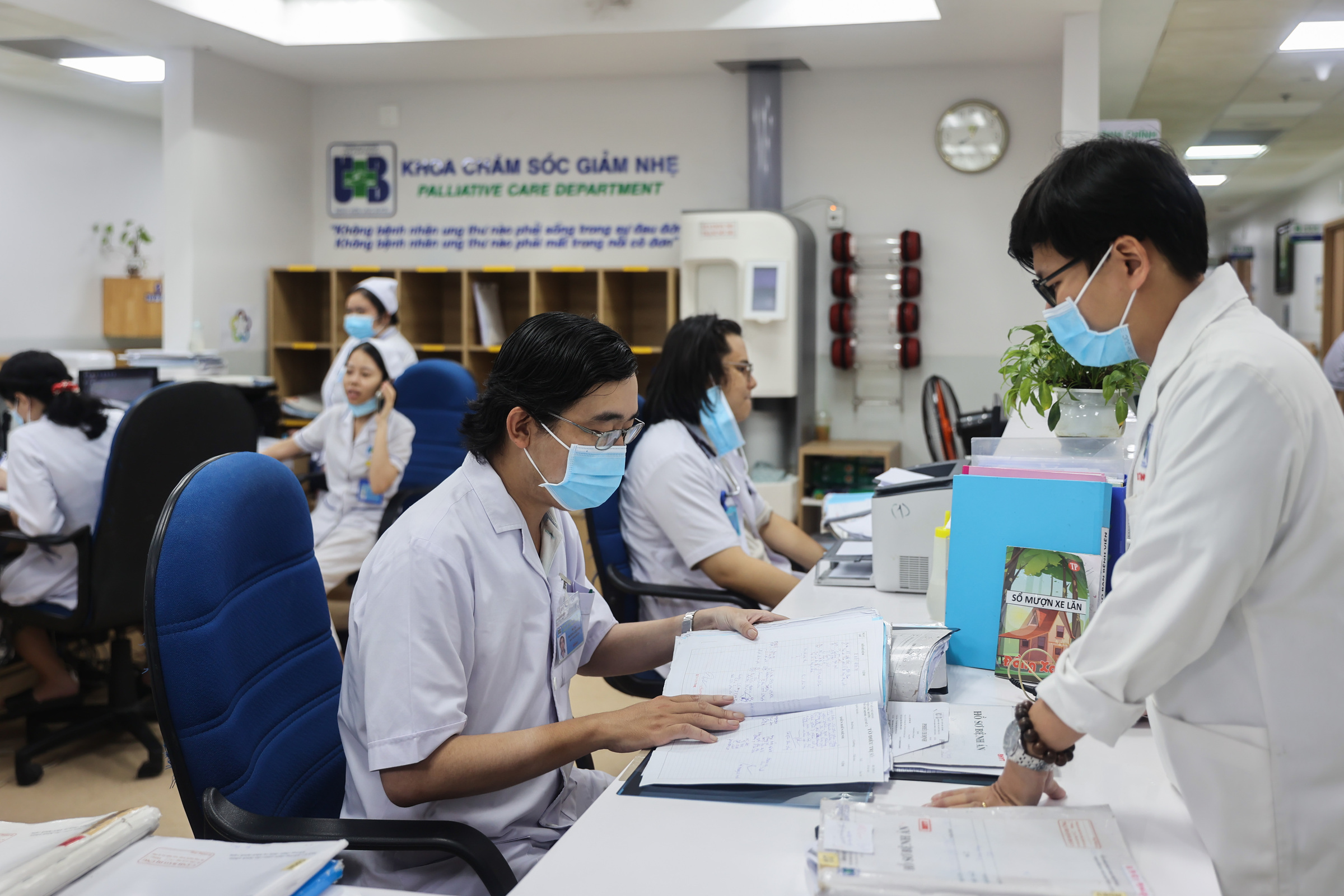 |
Doctors and medical staff work at the TP HCM Oncology Hospital, facility 2. Photo: Quynh Tran |
Doctors and medical staff work at the TP HCM Oncology Hospital, facility 2. Photo: Quynh Tran
Eliminating public employee ranking exams
A key change in the draft law is the elimination of the professional title ranking system, which has been considered symbolic and unrelated to job performance. Instead, public employees will be managed based on job positions and outcomes, with income directly linked to work effectiveness. The Ministry of Home Affairs expects this approach to motivate public employees, rather than requiring them to undergo ranking evaluations while their actual duties remain unchanged.
In addition, the draft adds a mechanism to protect public employees who engage in innovation that may not be successful; they may be exempt from or have reduced responsibility. This step encourages staff to boldly research and experiment, avoiding a fear of risk. Public employees are also allowed to invest in, manage, and operate businesses, particularly in commercializing scientific and technological research results.
The draft law promotes the application of information technology and digital transformation in public employee management. Management data will be connected and integrated nationwide, replacing manual paper records, reducing costs, avoiding errors, and improving monitoring effectiveness. The responsibilities of heads of public service units are also more clearly defined: they are responsible for human resources, finances, and facilities; must strictly handle internal violations; and must publicize administrative procedures, ensuring the rights of citizens and businesses.
Son Ha



